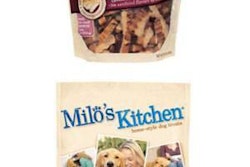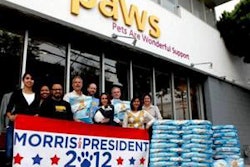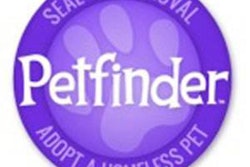A recent petMD survey about pet nutrition found that pet owners are confused about the nutritional needs of their dogs and cats. Although 57 percent of pet owners surveyed said they look at petfood labels for information about the petfood's ingredients, the survey found pet owners often misinterpret the information on the labels.
"Understanding how to feed our pets properly is critical to their well-being," said petMD spokewoman, Dr. Jennifer Coates. "This knowledge gap is worrisome but also represents an opportunity for improving the health and longevity of our beloved companion animals."
The survey's findings include:
- Misunderstood terms: The majority of respondents said they thought animal hair, teeth and hooves are included in meat byproducts; however, the Association of American Feed Control Officials prohibits these parts from being included in a byproduct used in petfood.
- Feeding trial importance: A majority of respondents said they look at the petfood label to learn about ingredients, yet only 22 percent of pet owners check the label to see if a feeding trial has been conducted with the food. Petfoods approved by AAFCO must have a statement indicating how the petfood manufacturer determined the diet would meet pets' nutritional needs, which can be done either by a computer program or test feeding the food to pets.
- Misidentifying potential allergies: More than 40 percent of respondents cited grain ingredients as the most common allergens in petfood. Although more than 30 percent noted corn as the most common allergen, some studies have shown that protein or meat source may have a greater effect.
- Unaware of balanced nutrition: Protein was cited by 69 percent of respondents as a key nutrient for pets, but just 2 percent were aware of the need for fats, 3 percent of carbohydrates, and fewer than 25 percent were aware of the need for vitamins and minerals.
- Skepticism of label accuracy: AAFCO regulations mandate that every ingredient in a petfood must be listed in the ingredients list from the largest to smallest amount by weight, though still more than 70 percent of respondents said they believe petfood labels do not list all of the ingredients.
"Misconceptions surrounding pet food and canine and feline nutrition can lead owners to make ill-informed choices about what to feed their companions," Coates said. "Veterinarians are the best source of information about what to feed pets. They can take into consideration a pet's unique combination of life stage, lifestyle and health to make individualized diet recommendations."













